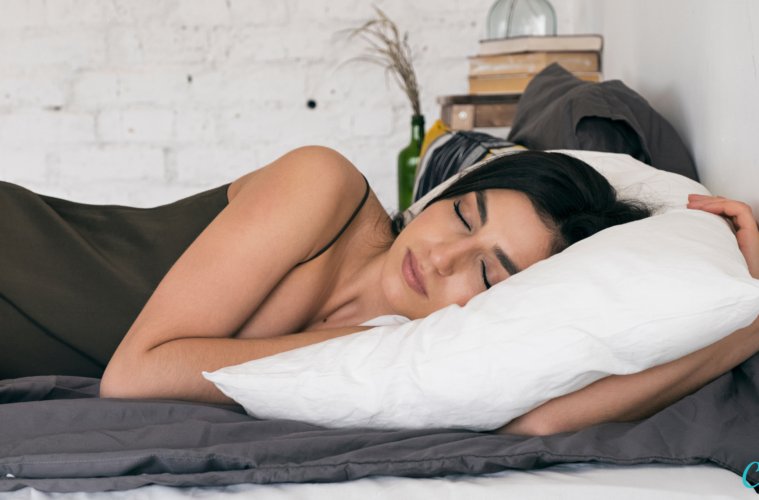Afternoon naps are commonly taken by children as adults generally tend to sleep less frequently during the day but some people might have taken advantage of the pandemic while working from home and discovered the magic of a midday nap.
Research shows that naps can increase alertness, reduce stress, and improve cognitive functioning, as many people experience increased sleepiness in the afternoon, about 8 hours after waking up. Midday nap implies more patience, less stress, better reaction time, increased learning, more efficiency, and better health.
Most experts agree the body needs at least seven to eight hours of sleep per day depending on your health condition as sleep is cumulative, if you lose sleep in a day, it will surely affect your day, and now imagine you do not have sufficient sleep in a week, what will happen to the body?

The body will most definitely experience fatigue which leads to more moodiness, aggressive behaviours, burnout, and more stress.
Tips For a More Effective Nap
The following tips will help you sleep more effectively and achieve greater health benefits if you’re interested in sleeping more.
- Avoid caffeine after 3 p.m. It’s a stimulant that can disrupt your sleep and stay in your system longer than you think; its half-life is four to six hours!
- Set an alarm if you don’t plan to nap for a long time.
- When an afternoon nap isn’t possible or that feeling of napping during the day doesn’t feel comfortable, try meditation, it provides your body with rest and slows down your brain waves like sleep.

If you’re new to napping, there are tips that can help improve your nap.
Keep it short like twenty minutes or an hour or more around mid-afternoon or later in the day. People with insomnia should probably skip the nap and consider meditating but still try grabbing a pillow, closing their eyes, and drift off. You might be surprised at what you discover.
Published on HOLR Magazine.


